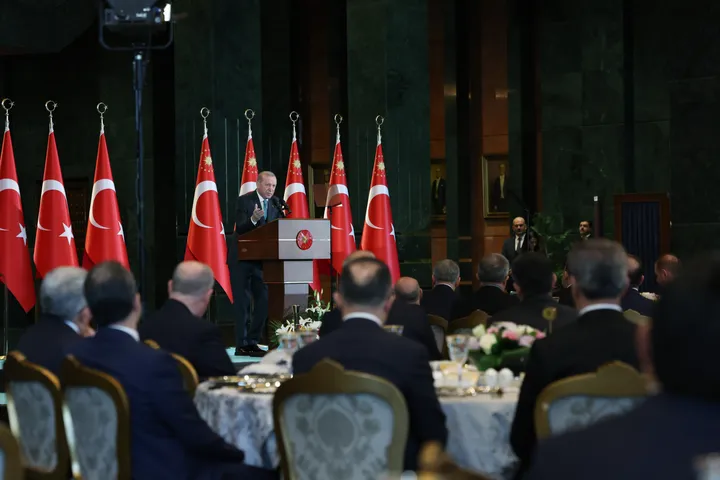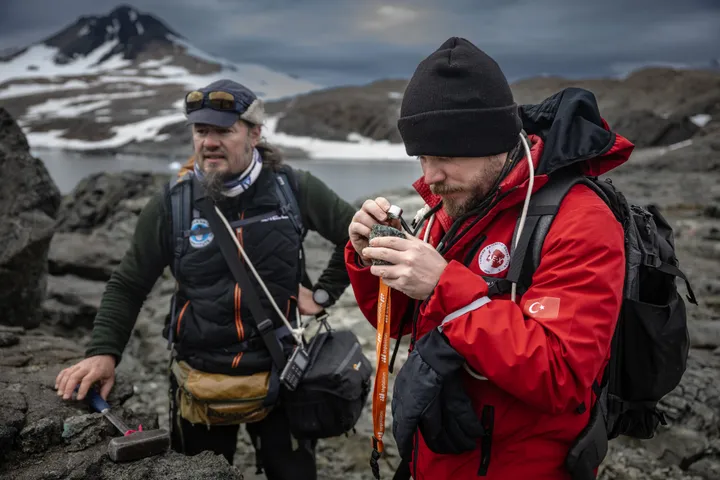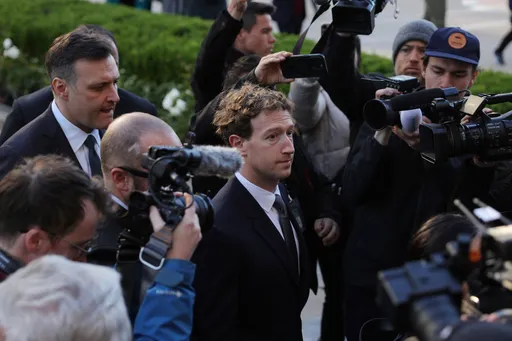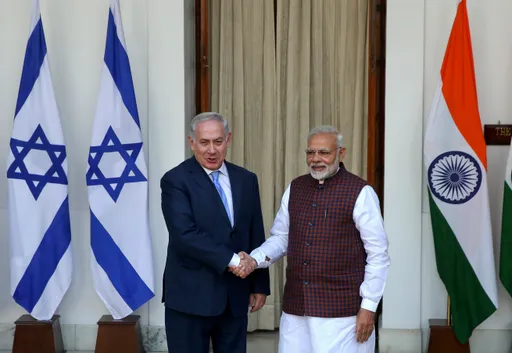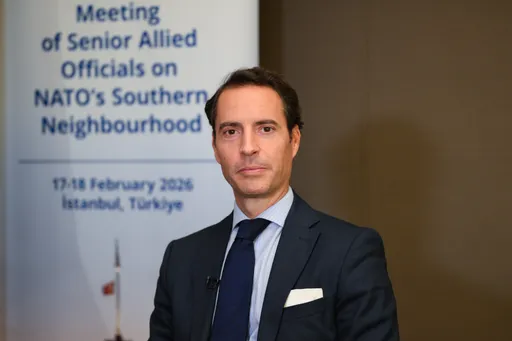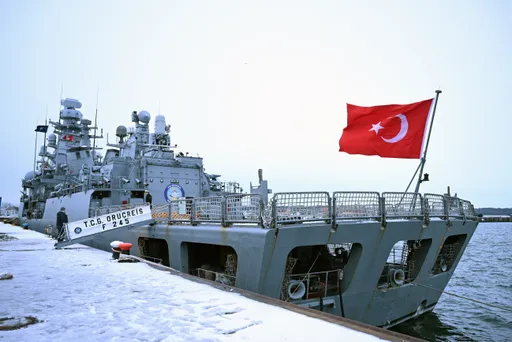The trial of American pastor Andrew Craig Brunson started on Monday in the Aegean city of Izmir, adding another dimension to continuing tensions between Washington and Ankara.
US president Donald Trump to later post a tweet on it:
And his vice president followed with another tweet, saying they were monitoring the trial in Turkey.
But the backdrop to the US leaders’ tweets had started with Turkey accusing Brunson of being linked to the coup attempt in Turkey, on July 15, 2016.
Brunson, the pastor of the Dirilis (Resurrection) church in Izmir, was arrested in 2016 on charges of espionage, and for his links and organisational activities to the outlawed PKK terror organisation and FETO (Fetullah Terror Organisation). FETO is the group responsible for the coup attempt.
Turkish prosecutors are demanding up to 35 years of imprisonment: 15 years for committing crimes on behalf of terrorist organisations as a non-member, and up to 20 years for political or military espionage. Brunson is accused of carrying out these activities under the guise of conducting missionary work.
The indictment prepared by the Public Prosecutor’s Office in Izmir followed an investigation which took more than a year. It was accepted by the 2nd High Penal Court in the province last week.
Brunson allegedly had information about a possible coup attempt before the FETO-led coup occurred in July 2016 as one of his mobile phone messages to a US soldier showed his support for the coup plotters, the indictment said.
According to the indictment, Brunson wrote "We were waiting for some events to shake the Turks […], the coup attempt was a shock, many Turks trusted the military as they did in the past […] We will eventually win."
The content of the message unveiled that he was "sad" about the defeat of the July 15 coup bid, the indictment added.
The indictment also said Brunson was allegedly involved in converting Kurds to Christianity and aiming to establish a Kurdish state for them.
“It was understood that some of the churches’ executives and priests were trying to take root in our country by establishing associations under the guise of a missionary operation,” said the indictment, citing several statements from witnesses.
A secret witness, code named Dua told prosecutors that the PKK members who were released from prison fled the country with the help of churches being run under the supervision of Brunson.
The pastor, who has been living in Turkey for over two decades, has denied the charges in the indictment.
Brunson’s arrest has been one of the points of contention between NATO allies US and Turkey, whose relations took a turn for the worse, following the July 15 coup attempt.
Former US Secretary of State Rex Tillerson visited Turkey in February in an effort to normalise relations that had become strained over several issues, including the US’ support and arming of the YPG, the Syrian branch of the PKK, a designated terrorist organisation in Turkey, the US and EU. The US’ refusal to extradite FETO leader Fetullah Gulen, a request Turkey has made since 2014, is another key issue that remains unresolved.
Another source of tension was the arrest of the former deputy CEO of Turkey’s Halkbank, Mehmet Hakan Atilla in the US for allegedly violating sanctions against Iran. While the case started as one against Iranian-Turkish businessman Reza Zarrab, it turned into a case against Atilla after Zarrab pled guilty and made an agreement with the prosecutor’s office. In early January, the US jury found Atilla guilty on five counts. While the sentencing was due to take place on April 11, it was later postponed to May 7. Earlier this week, the sentencing was postponed further to May 16.
Meanwhile, Brunson’s hearing will continue on May 7.
Here’s a look at the timeline of events leading up to, and after Brunson’s arrest in 2016:
2014
Turkey submits requests to the US for the extradition of FETO leader Fetullah Gulen after the 17-25 December 2013 cases, and increases requests following the July 15 coup attempt in 2016.
The US authorities say Turkey has yet to provide enough evidence for the US Justice Department to act on the request for Gulen's extradition.
However, Turkish authorities said they sent 80 boxes of documents with evidence linking FETO to the July 15 coup attempt.
2016
March 21: Reza Zarrab arrested in Florida on charges of evading sanctions against Iran.
July 15: Coup attempt in Turkey orchestrated by FETO, in which at least 250 people were killed and over 2,000 injured.
December 9: PastorBrunson arrested in Izmir.
2017
March 27: Atilla arrested in New York for conspiring with Zarrab, a move Turkey calls “completely political.”
“There is nothing legally sound there and Turkey is facing a completely political plot,” then-Justice Minister Bekir Bozdag said. “It aims to tarnish the Turkish state, government and president.”
September 25: Turkish citizen and employee in the US embassy, Metin Topuz arrested on charges of “attempting to overthrow the constitutional order and Turkey’s government,” and “spying,” according to the prosecutors' indictment.
The indictment stated that Topuz had contact with 121 high-ranking FETO members and helped FETO suspects flee Turkey, mainly to the United States.
September 29: Turkey’s President Recep Tayyip Erdogan suggests that Turkey could free Brunson if the US handed over Gulen.
"'Give us the pastor back', they say. You have one pastor [Gulen] as well. Give him to us," Erdogan said. "Then we will try him [Brunson] and give him to you."
"The [pastor] we have is on trial. Yours is not – he is living in Pennsylvania. You can give him easily. You can give him right away."
US State Department spokeswoman Heather Nauert said, "I can’t imagine that we would go down that road," in response.
October 8: US and Turkey suspend visa services in a tit-for-tat move.
November 28: US judge says Atilla will be the only one on trial after Zarrab makes a plea-bargain deal with the New York prosecutor’s office.
December 28: US and Turkey resume visa services.
2018
January 3: US court finds Atilla guilty on five counts, including violating US sanctions against Iran, crimes to deceive the US and defrauding US banks.
February 15: Tillerson visits Turkey in a bid to solve the problems between Washington and Ankara.
Weeks later, he was ousted by President Trump and that led to an uncertainty on the relations between two countries.
March 9: US and Turkey begin talks in Washington in an effort to normalise relations.
April 9: US judge delays Atilla’s sentencing, which would have taken on April 11, to May 7.
April 16: Brunson’s trial begins. The hearing will continue on May 7.
April 17: US judges postpones Atilla’s sentencing to May 16.
April 18: US President Donald Trump and Vice President Mike Pence tweet regarding the Brunson case.


